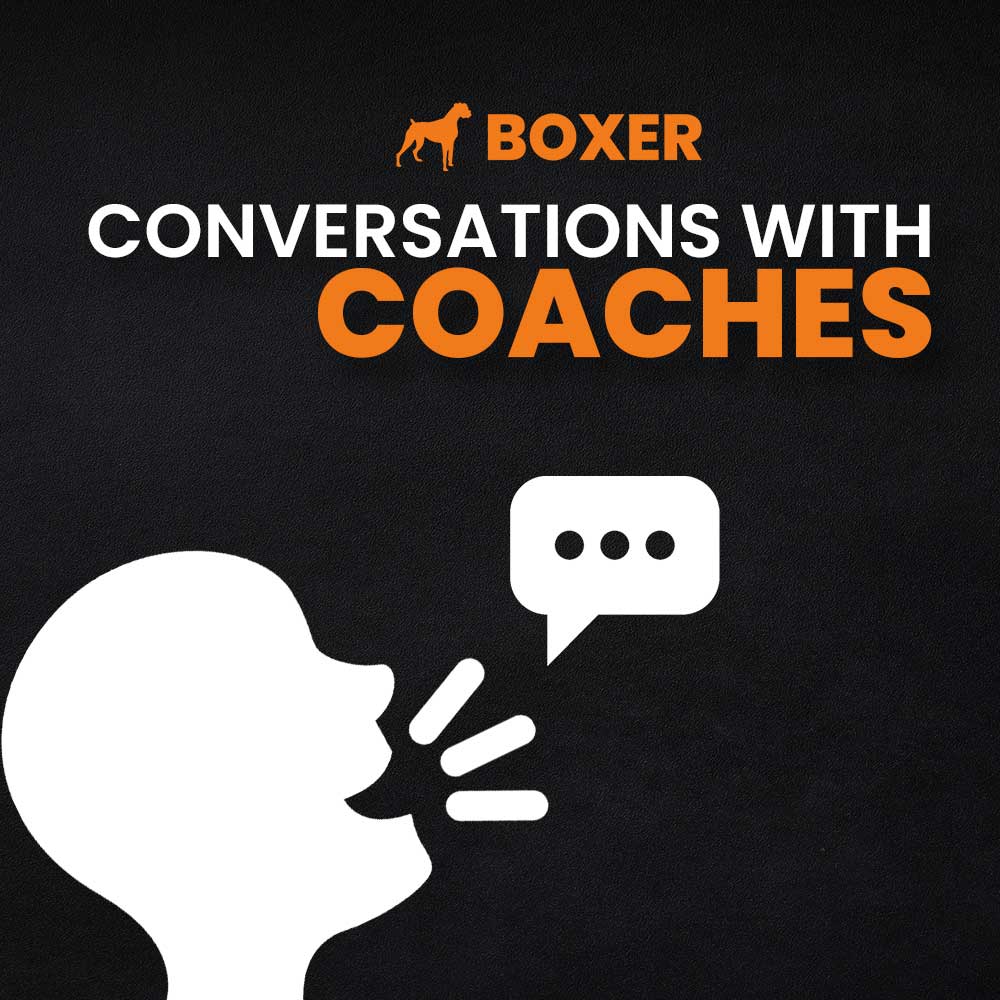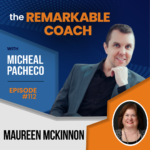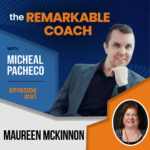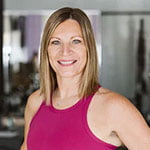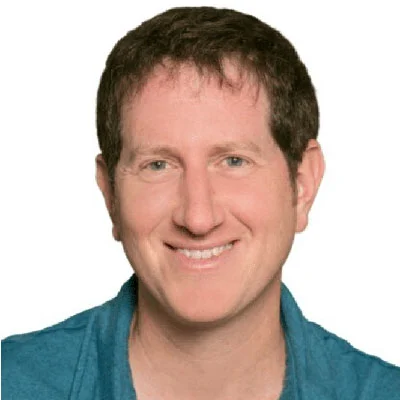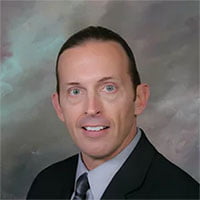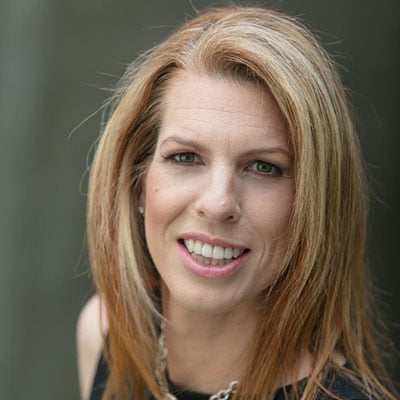Kevin Stafford 0:01
Hello everyone and welcome to another episode of the conversations with coaches podcast. I am your host, Kevin sounding a little more nasally than usual today, but still my usual jovial, silly and slightly over caffeinated self. Today I have the honor and privilege of I think being the first podcast host to welcome Maureen MacKinnon. Maureen has been inspiring coaching, teaching and mentoring both current and future leaders for over 20 years now, Maureen’s mission is simple, to help women gain leadership roles to balance gender equity in corporate leadership. To put it simply, she helps talented women get promoted and make more money. And we’ll get to talk about how she does that and some of her experiences. And she’s got a lot of stories. So Maureen, welcome to the podcast. Thank you so much for being here today.
Maureen McKinnon 0:48
I am so thrilled to be here, Kevin. And yes, you are the first one to podcast. So I’m very excited about this today.
Kevin Stafford 0:56
Well, all right. Since we’re since we’re at the beginning, let’s start at the beginning. How did you get your start as a coach? Well, like a realization where you kind of coaching and practice before you realized I should maybe do this like as a as a as a profession as a as a practice itself? And then how did that realization that that understanding go from there to having your own coaching business? And well, mine
Maureen McKinnon 1:19
was quite a journey, actually. So I’m actually a serial entrepreneur. So and I’m actually a natural teacher, coach and mentor, which I hadn’t realized when I was younger. So I’ve always mentored and coached my staff, and my clients actually, in the various businesses I’ve been in. Then in 2008, and 2000, I decided that I had just come out of a divorce, and I decided I had some extra time that night. So why don’t I start volunteering. So I joined the Vancouver board of trades, and I volunteered on their leaders of tomorrow mentorship committee. So I sat on their executive committee, I was a business mentor. And the mentorship program was about matching, and industry professionals with graduating university students who were just finishing their university and about to go into the work world. And we wanted to show them that we weren’t monsters, we were actually people and how they could enter into the workforce, and what to expect. So I was with the mentorship program at the Vancouver Board of Trade. I’m sat on the committee, I chaired for two years, I was a business manager for seven. And then when I joined the Vancouver Board of Trade, I also decided I had this time so I started, I also mentored as a business manager for another organization, which was the new venture ventures business plan contest. So I was a business mentor to startup CEOs in teams. And I saw I mentored with the Board of Trade for seven years and at the same time venture with new ventures for 10 years. So I actually mentored hundreds of professionals, both men and women to advance their careers. Before I ever started about being a coach. In 2009, I decided to become a coach. So I got certified as a business coach. And as a executive coach. I already had a Master’s of Science in Management and a Masters of Science in financial services. So I had a lot of knowledge. And then I was also a serial entrepreneur having had four businesses. So I decided I would be a business consultant coach and help small and medium sized businesses grow their businesses. So I became a certified so I started my business as a coach, coaching McKenna coaching, actually, income consulting actually group. And then in October on October 24 2014, it was the day that changed my life. I was attending the first we for Xi Forum, which was created by an alliance of 25 women organizations, and the Greater Vancouver Board of Trade plus the federal, Canadian federal and provincial BC provincial governments. And it was it was designed to showcase a recent survey that was put together by the Federal ask by the federal government, from the catalyst organization out of Ottawa. Where are Canadian women in business today? This is 2014. And so we’re sitting in the audience is about 400 of us, mostly women, for the first one. And we’re the results were the reports showed us that as far as women and leadership, it started out with 47% of the workforce was women. When we started our business, it started in careers or started in work. And then at management roles. Only 35% were women. Once you get to senior officers, it’s 18%. Now we’re still 47% of the workforce, but we’re only 18% of the senior officers and only five Point 3% of the CEOs are senior leaders.
Kevin Stafford 5:05
I look that up, that math does not add up,
Maureen McKinnon 5:08
add up, it was done. So I decided I decided, and I decided to commit my business to my mission, which is helping to balance the gender equity and corporate leadership. So I launched McKinnon executive coaching, in 2015.
Kevin Stafford 5:26
I love it, I love the way it how how much your journey represents, like the the foundational pillars of what makes a great coach is you had that natural inclination to mentor to help to, to see where there might be like some room for guidance or some assistance and then move into that space. And to fold in your your vast personal experience, like I have specific experience in these industries, I should apply that natural gifts that have for mentoring and coaching and helping and guiding fold those together. And then seeing where there’s a gap where there’s a lack where there’s a need, where there’s a discrepancy, where the where the where the numbers and the reality, don’t add up don’t make sense. And then folding all three braiding those together and realizing you know what, this is, this is my mission. This is my focus. These are my skills, this is how I can best be of service. It’s just, it’s the perfect coaching journey. I love it. I just I like to marvel at it. Because it’s so it’s so simple. When you see it laid out like that. It’s like, Oh, of course, this is the way that your life went. But as you’re going through it, I imagine it feels, you know, twisting and turning. And you’re, you know, stunned and grateful at each at each new turn.
Maureen McKinnon 6:34
Absolutely, absolutely. So what I did was, that’s a great mission to have, but how do you do it? So I spent the next six months or so doing research, and looking into the barriers and the challenges and all the things like why was it just? Why was it still this way? And then I decided that there were certain ones, certain things like systemic and systemic challenges in business that I couldn’t really personally solve. So what could I do to help solve? So what I decided, since I viewed the problem is not enough women in leadership’s, and my solution was to help them get promoted. So how do we do that? So I actually developed a promotion strategy. So it’s my own Kynan, executive coaching, promotion strategy. And it has steps and stages, and I help my clients work through them. And we start depending on what stage they’re at, to get to where they want to be, which of course, is a promotion, making more money. Although sometimes it’s clarity, sometimes it’s, I really stuck in my role, but I don’t know what to do next. So some of its fear, but also and the uncertainty, although through the pandemic, that’s really changed. That whole mindset has changed. But it’s more it’s more about what is my value? Like? What can I really do? Who will want me? And what kind of transferable skills do I have? If I decide I want to change industries? Because that’s what’s happening in the great resignation, of course, is a what do you really want to do is open to people to think about now. I’m actually really thrilled that that’s the shake up, one of the part of the shakeup for employees, through the great resignation is, at least you get to stop and think about am I happy at what I’m doing? And what is there something else I want to do, whether you do anything about it or not, the fact that you’re actually thinking about it, I think is a great thing for everybody.
Well, it’s also true, it’s very, very true. So the steps for my promotion strategy are you start with competence. You have to be good at your job. It’s really hard to get promoted if you’re not good at your job. Sorry. So you have to be that before I can help you, then the next step is being confident. It’s knowing that you can do the job and that you’re good at it. The next stage is credibility, which is that other people know that you can do the job and the third Ah, which is the real secret that women don’t realize is visibility. So visibility is when your boss’s boss or your boss’s boss’s boss know who you are. So it’s people that you don’t know necessarily, but they know who you are. And that you can do the job. So therefore, you get promotions. So and there’s different strategies on how you get to that stage. But it really starts with the confidence of understanding the value that you bring to a business, any organization, actually, because people forget that most businesses, actually, they’re about 80%, the same, they have the same departments. And if you work for a department, 80% of the businesses out there have your department, but people don’t think in the bigger picture like that. Yeah. But it really helps your confidence level if you realize that you can actually work in any department, in any industry that does this role. Right. And part of the actually value is we we work through a process to help you discover your unique abilities, your strengths, identify your accomplishments, learn how to articulate what you’re good at why you’re good at it, and using the biggest and using the business language to describe your results that decision makers understand is another part of it, which is really good.
Kevin Stafford 11:25
I’d love that. Because that is something that I know I don’t think about often enough, is you really do if you want to demonstrate and communicate your value, you have to see it yourself first, not necessarily. Sometimes other people will see it before you do depending on your circumstances. But seeing yourself is a huge step, but also understanding how to speak the language of the person who you want to communicate that value to. It’s a good lesson in all walks of life, like knowing enough about a person empathizing with them, understanding the words they use, and what they mean to them, to speak to them in a way that will actually communicate, you’re not just out there, speaking into the void, saying the things that make sense to you, but to no one else and wondering why things aren’t changing, learning that other language and adapting that to your own. It’s I just I just I can’t amplify that that message that lesson enough. That’s so important.
Maureen McKinnon 12:15
Yes, it really is. So and through working through the process, I have a process to help women get confident. I really, I actually take within about four months of working with me, I can see the transformation in them in their competence level, that they are starting to understand how valuable they really are. And I can see it, they smile more, they stand taller, they talk more positive, I’ve had several of them, give me feedback about going to dinner with some Well, prior to the pandemic or virtually having dinner with their friends. And their friends would ask them what’s changed, you know, you’re so much. There’s just so much more life to you, you’re so much more positive than all of that. And of course, all the girlfriends are thinking that they’ve now fallen in love with some guy, right. And it’s not realizing they’ve actually fallen in love, or understand how wonderful they are in themselves. And the transformation I call I my definition is a talent mindset. You also you have an absolute belief in yourself and your abilities to do your job deliver the results, and be the person and the team member that are leader that you are. And you absolutely know you can do the job and deliver. Man,
Kevin Stafford 13:40
I again, I feel like I could talk to you about this for for hours and hours and hours and hours. And I know I know you’ve got stories, but it’s already time just flew. We’ve been talking for already about 15 minutes or so. Where Where can people find out more about you? Where can people connect with you and get to to get to talking with you? Do you work with people still usually in the Vancouver in the Greater Vancouver area? Do you work across Canada? Do you work across North America? Do you know no borders or boundaries? Like how? Who can reach out to you to talk to you? And how can they find out more.
Maureen McKinnon 14:12
I do work mostly with North America. But I would love global because I love to travel. So that would be give me a perfect excuse. I also worked with companies, companies hire me to help their new managers. And sometimes also we work with their women managers who they want to help get into more senior roles. So yeah, but I do mostly independent work, one to one work right now plus the corporate work, but I’m planning on launching group coaching in a program in the fall. And of course there’ll be looking for more podcasts speaking.
Kevin Stafford 14:44
Well, we’ll be back. Have you on for a part two in that group coaching program launches in the fall.
Maureen McKinnon 14:50
Oh, that would be great. That would be great. So you can reach me obviously by email, which is Maureen and McKinnon executive coaching.com. My website is McKinnon exists coaching. And you can connect with me through LinkedIn, of course. And that’s the best to find out about me or you can just Google Maureen McKinnon
Kevin Stafford 15:09
spelled the usual way. It’s it’s not an odd spelling, but it’s a very easy name to Google I found. And of course, LinkedIn is just LinkedIn is great. I can’t I can’t sing the praises of that enough. It’s like we that’s how we met. That’s how I meet so many coaches. It’s such a great place to at least great in terms of what social media stands for. It’s a great place to connect with some depth and kind of filters out or at least leaves aside some of the toxicity that can sometimes come from online interactions. It’s very, not just professional. It’s also typically very heartfelt and very genuine, which I appreciate.
Maureen McKinnon 15:44
Yes, I would agree. I would agree.
Kevin Stafford 15:47
Well, Maureen, thank you so much for being here today. I was not kidding about that. Part two. That would be I would love to have you back. You are an excellent guest. And I’m just I’m just glad you got a chance to talk with me today that I got a chance to talk with you.
Maureen McKinnon 15:57
Thank you. I agree. It’s been fabulous talking with Kevin as you’ve been been sharing my knowledge with your knowledge with your audience.
Kevin Stafford 16:06
And audience. You’ve heard this reach out. Find out more about Maureen. She’s, at least as fantastic as she was on this podcast episode. Find out more, learn more, reach out and connect. She’s fantastic. And we here we’ll talk to you again soon.
